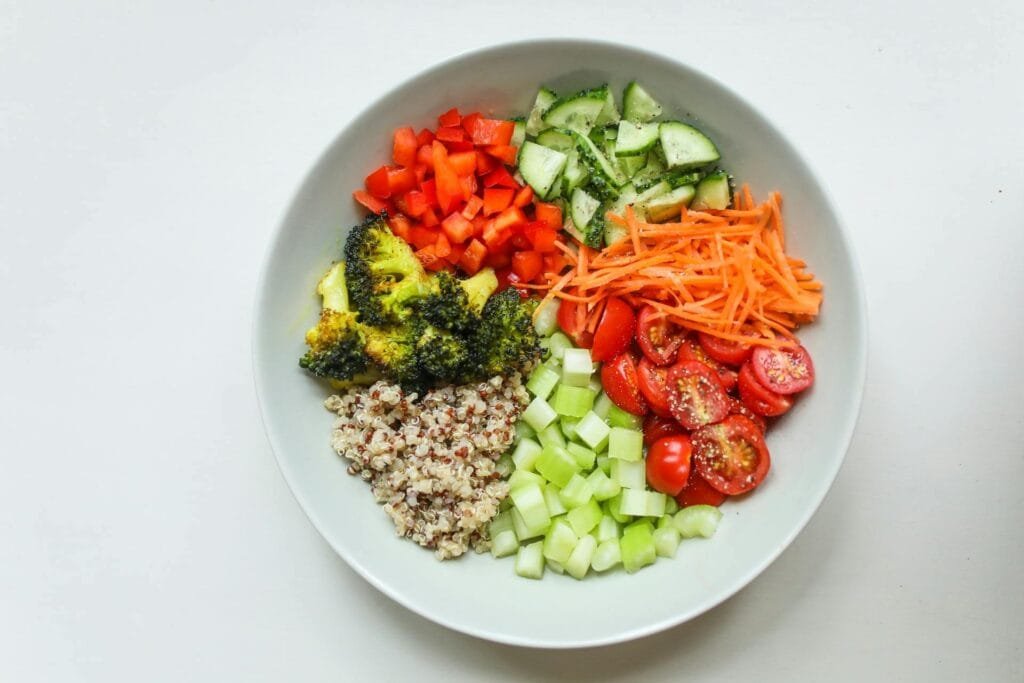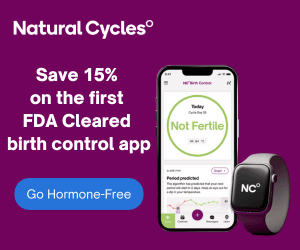The Most Common Habits Destroying Your Fertility
Fertility plays a vital role in the journey toward parenthood, As couples peregrinate through their fertility journey, understanding the impact of habits on reproductive health is crucial. Below, we explore 12 habits that might be silently wreaking havoc on your fertility.
Overview of Fertility & Habits
Fertility refers to the natural capability to produce offspring. This ability varies from individuals to individuals, and it influenced in many factors such as age, genetics, health, and lifestyle choices. Being aware of the habits that negatively affect reproductive health empowers you to make informed decisions. So, let’s get started!

1. Poor Diet
Lack of Nutrient-Dense Foods
A balanced diet rich in vitamins and minerals supports reproductive health. Essential nutrients like folic acid, zinc, and omega-3 fatty acids aid in hormone production and improve the quality of eggs and sperm. Study
High Sugar Intake
Consuming excessive sugar can lead to hormonal imbalances, affecting ovulation in women and sperm production in men. Reducing sugar intake is a proactive step toward enhancing fertility.1
Processed Foods
High in additives and preservatives, processed foods can disrupt hormonal balance. Opting for fresh, whole foods helps maintain healthy hormone levels and supports fertility.
2. Lack of Exercise/Sedentary Lifestyle
A sedentary lifestyle can lead to weight issues and hormonal imbalances. Regular moderate exercise promotes healthy circulation and hormone production, essential for fertility.
Recommended types of exercise include:
Engage in moderate cardio, strength training, and yoga to boost reproductive health. These activities enhance blood flow to reproductive organs and reduce stress levels.
3. Excessive Alcohol Consumption
Not only is excessive alcohol bad for your overall wellbeing, it can interfere with hormone regulation, disrupting ovulation in women and reducing sperm quality in men. Moderation is key to safeguarding fertility.
Recommended alcohol intake:
Limit alcohol intake to maintain optimal reproductive health. For those trying to conceive, sticking to less than five units a week is recommended.
Read about alcohol consumption’s impact on fertility.
4. Smoking
How Smoking Affects Reproductive Health
Smoking introduces toxins that damage eggs and sperm. Women who smoke have higher risks of infertility and miscarriage, while men experience reduced semen quality.2
Second-Hand Smoke
Exposure to second-hand smoke also harms fertility. Eliminating smoking from your environment benefits overall health and improves reproductive prospects.

5. Stress
Chronic stress leads to elevated cortisol, which can disrupt hormone levels crucial for fertility. Managing stress effectively is essential for maintaining reproductive health.3
Practices like meditation, yoga, and deep breathing can lower stress levels, supporting reproductive well-being.
6. Ignoring Weight Issues
Underweight and Overweight Effects
Both extremes of weight can impact fertility by affecting hormonal cycles and ovulation. Maintaining a healthy weight is vital.
Weight management tip! A balanced nutrition coupled with regular moderate physical activity helps achieve and sustain a healthy weight.
7. Poor Sleep Habits
Lack of sleep disrupts circadian rhythms, adversely impacting hormone levels. The effects of poor habits on fertility may seem ephemeral, but they can have lasting consequences on one’s ability to conceive.. Ensuring adequate rest is extremely important for your reproductive health.
Tips for Better Sleep:
Adopt sleep hygiene practices, such as:
- Consistent sleep schedules
- Relaxing bedtime routines
- Limiting screen time before bed
- A cool, dark, and quiet bedroom
- Avoid eating large meals close to bedtime
Here are a few items The Most Common Habits Destroying Your Fertilityhat’ll help improve your sleep!

Shaped 3D Sleep Eye Mask Deep Contoured

MaximoLife® Ultimate 100% Blackout Blind | Fits Any Window Size/ Super Easy to Stick On and Take Down | Home and Away
8. Caffeine Overconsumption
High caffeine intake has been linked to reduced fertility, and has been found to delay conception and disrupt normal ovulation cycles. 4
The recommended caffeine intake is 200-300 mg daily while trying to conceive to enhance reproductive prospects.

9. Environmental Toxins
Exposure to toxins such as pesticides, herbicides, and certain plastics can harm sperm, eggs and hormone health. These substances interfere with hormonal processes and damage reproductive cells.
Here’s our tips to reduce exposure:
- Opt for natural and organic products
- Switch to BPA free plastic or glass
- Regularly keep windows open for fresh air
- Invest in an air purifier to reduce air toxins
- Avoid toxins-free cleaning products
- Use glass or stainless steel instead of plastic
Learn more about how to reduce environmental toxins in your everyday life.
10. Inconsistent Menstrual Cycle Management
Understanding your cycle is key to fertility awareness. Tracking menstrual cycles helps identify any irregularities and optimize conception timing. Utilize cycle tracking apps and methods like basal body temperature tracking to monitor ovulation.
Natural Cycles is the first app in Europe to receive certification as a contraceptive. It works by requiring daily measurements of basal body temperature and tracking other fertility indicators to predict ovulation and fertile days. This method is ideal for women seeking a hormone-free approach to fertility tracking

Tracking Type: Digital monitor
App: Yes
FDA-approved: Yes
Tracks: Luteinizing hormone (LH), Estrogen, follicle-stimulating hormone, progesterone
This contains an affiliate link
11. Not Seeking Medical Help
If conception is a challenge after a year of trying, it’s time to consult a fertility specialist. This could be a medical gynecologists’, or a natural fertility coach. Either way, early intervention can address underlying issues. I
It’s also important to get regular medical check-ups can detect and address potential fertility issues, aiding timely conception.
12. Lack of Open Communication with Partner
Open dialogue about fertility concerns and goals builds a supportive partnership. Understanding each other’s perspectives is crucial. Creating a heartwarming environment where both partners can share concerns about fertility is crucial.
In Summary
Evaluating your lifestyle habits and making conscious choices can improve your fertility. enhance fertility. Removing these common culprits and creating more fertility-friendly practices can make a huge difference to your journey towards better reproductive health today. Let us know how what tips (if any) you’ve tried or will be implementing into your daily life!
For additional insights, explore these more of our fertility articles.
Explore more of our latest posts:
- Seed Cycling: A Natural Approach to Hormonal Balance
- The Best Traditional Chinese Medicine For Fertility
- 11 Ways I Reduced My Period Pain with Natural Remedies
- 9 Surprising Habits Making Your Period Worse
- Boost Your Fertility with Magnesium: What You Need to Know
- Chavarro, J. E., Rich-Edwards, J. W., Rosner, B. A., & Willett, W. C. (2009). Dietary carbohydrate intake and reproductive hormones and ovulation: Results from the BioCycle Study. American Journal of Clinical Nutrition, 90(1), 137–144. https://doi.org/10.3945/ajcn.2008.27301 ↩︎
- Sharara, F. I., Seifer, D. B., & Flaws, J. A. (1994). Impact of smoking on female fertility, ovarian function, and menopausal onset. Fertility and Sterility, 64(5), 897-900. https://doi.org/10.1016/S0015-0282(16)56904-8 ↩︎
- Ruder, E. H., Hartman, T. J., Reindollar, R. H., & Goldman, M. B. (2009). Impact of psychological stress on semen quality among men from infertile couples. Fertility and Sterility, 91(5), 1794-1797. https://doi.org/10.1016/j.fertnstert.2008.02.119 ↩︎
- Hatch, E. E., Bracken, M. B., Wise, L. A., Mikkelsen, E. M., & Sørensen, H. T. (2012). Caffeine consumption and time to pregnancy. Epidemiology, 23(3), 393-399. https://doi.org/10.1097/EDE.0b013e31824cbaac ↩︎







